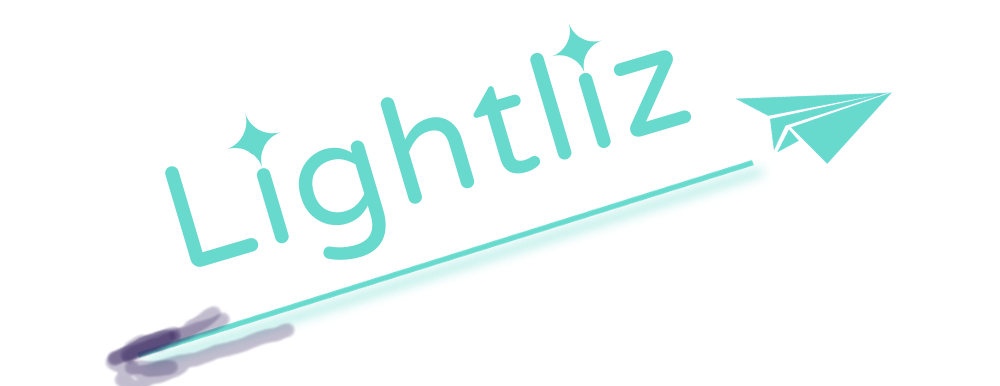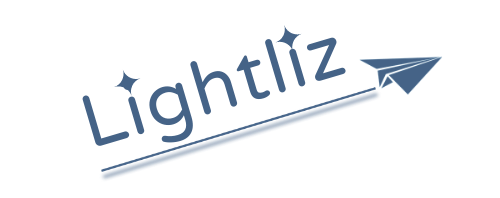Is your career your job or your purpose in life? How do your career and purpose fit together? Find out in this snackable guide.
If your job and career often seem the same to you, you are not alone. Over half of respondents in a Pew Research Survey view their job as their career because it gives them a sense of identity.
Most people with a job spend 5-6 days at work, so they share this view. So, it’s easy to see a job as both a career and a purpose in one. That’s not always the case, though.
In 2020, many people had to rethink their purpose, career, and job. When they realized their job could disappear in an instant, they wondered if their life had lost meaning.
They also discovered that switching careers can be challenging without retraining and reinventing themselves.
But how do you tell the difference and where you are?
This quick guide will explain what a job, career, and purpose are, how they differ, and how they can become one — if you want.
What is the Difference Between a Career and Job?
A job is what you do to earn a living, so you can support yourself and your family. This can be an hourly or permanent employment relationship. You can also hold multiple unrelated jobs throughout your lifetime.
A job’s primary goal is to earn a paycheck in most cases. Yet for others, each job acts as a stepping stone to a dream job. We’ll discuss this second perspective later.
Your job may pay you an hourly wage or a salary, with or without benefits. Also, it can be part-time, full-time, freelance, or one-time.
You might not need a college degree or advanced training to get the job or work in it daily; you may only need to learn how to do the specific job.
What is a Career?
A career is a long-term, upward-moving approach to working life. Think of it like a ladder. To reach the top of the ladder, you usually need to climb one level at a time. At the top of the ladder is your dream job, an occupation that often requires extensive experience, but can also be deeply fulfilling.
Here’s the deal.
Career paths are often characterized by many jobs, employers, years, mentors, training programs, and certifications. Career-minded individuals seek jobs at companies whose people, values, and perks align with their unique professional goals, experiences, training, and education.
They avoid taking random jobs when they can.
Instead, they select jobs that will advance them towards their dream role.
Ideally, each job would build on the capacity (experience, skills, responsibilities) and income levels they have gained in previous positions — much like climbing a ladder.
Rather than being Jack-and-Jills-of-all-trades, they want to become experts in a specific area.
Suppose you want to be a top public relations consultant.
The following is an example of one route you might take to get there.
You can pursue education or certification in public relations. After that, you might look for public relations internship opportunities to break into the industry and gain experience.
A position as a public relations assistant might be your next step. With more experience, you may become a publicist, and later, a public relations manager at the same firm or another.
Later, you may get promoted to or get hired at a different company as a director of public relations or public relations account executive.
Years of experience working in public relations jobs, projects, and industries would qualify you to be a public relations consultant for a specialized consulting firm, a small business, or as an independent contractor.
But, as with life, career paths rarely follow a straight line.
Here is another scenario.
Taking public relations training and certification programs may lead to a public relations internship. That company may not hire you afterward.
You may get a job as a marketing assistant for one company, then as a social media manager for another.
Afterward, you can apply for and get a job as a fundraiser, a content marketer, or a public affairs specialist. Again, this may be through promotion from your current position as marketing assistant, or elsewhere.
Similar responsibilities, different jobs.
Changing to these seemingly different roles often requires additional training. But each time, you would build on your previous experiences.
Although it is challenging, it is also rewarding because you would develop diverse skills, build a network of people, and learn various industry best practices while pursuing the same goal as someone who takes a more linear path.
Most people often encounter the second scenario. So, if you feel lost at your day job, know that you can learn new skills that will help you land the job or career path of your dreams.
You just have to be intentional here.
Start by determining how your current job relates to your long-term career goals. See how you can make use of your current position to gain the skills, mentorship, and network that could lead you to your dream career.
Now you’re probably wondering. If working several jobs over a lifetime makes a career, isn’t a successful career the purpose?
Let’s examine the difference between purpose in life and a career.
What is the Difference Between a Career and Your Purpose In Life?
While a career is typically work-related, a life purpose can span any aspect of your existence.
This is where it gets interesting.
From time to time, your purpose in life may also change. It doesn’t need to be a single, world-changing undertaking as Mother Teresa, Steve Jobs, or Mark Zuckerberg.
In Elon Musk’s case, it was to make online payments hassle-free at one point (PayPal) and to enable the world to switch from fossil fuels to more eco-friendly transportation at another point (Tesla). Now, it is Elon’s mission to help humans inhabit Mars within a decade by reinventing space travel (SpaceX).
Each stage of your life can have its own purpose.
- For a senior in high school, joining a decent college to get quality training to build a good career foundation may be the goal.
- As a parent, your purpose may develop from providing basic needs to mentoring your children to become capable adults over the course of two decades.
- Your purpose may also change to being someone new work colleagues can learn from, or the person friends can trust with their secrets, or a climate change champion.
You may spend decades working toward one of these goals. Or you may pursue all of these purposes, each at a different point in your lifetime.
Yet what you do as part of your job or career can be your life’s purpose. Here’s how.
For example, my life’s goal is to help more people find a career path they enjoy based on their interests, experience, and income aspirations. My aim is to make it easier for them to find their ideal path.
At the same time, I work as a freelance writer to pay my bills. Hopefully, at some point or another, I will earn enough from my blogs so I could turn my life’s purpose into a paying job and even a career.
So, why is it important to distinguish between your purpose, job, and career?
Several reasons:
- One good reason is that no matter how poorly one of these areas performs, you’ll always have something to live for.
- In addition, you’ll be able to take on a new job when one ends or when it doesn’t serve your career path.
- As long as you understand any job is a platform to gain crucial skills, relationships, and other opportunities that will take you closer to your dream job, you will put your best into it.
- You won’t feel miserable when you have to take a job just to pay your bills instead of one relevant to your ideal career.
- You’ll also enjoy more in life than just earning a paycheck.
Over To You
Lockdowns made more people realize they had little purpose outside of their 9-5 jobs. When they had to stay away from work, they experienced an identity crisis.
For those whose jobs ended, it felt like their whole lives had been snatched away from them.
It may have been an opportunity to see how their lives had taken an unfulfilling turn. Work. Work. Work.
If that describes your life, you may be trying to reclaim it and to move forward in a direction you truly want. Hopefully, this post has helped you see the differences between a job, a career, and a purpose in life – and how to transition from one to the other.
If you are ready to start and explore the right career for yourself then check this guide.
Disclaimer : The information provided in this site is for educational purposes only, and it is not a substitue for professional advice. See the full disclaimer for more details.
Shachar is a blogger and sensitive person who worked in a recruitment company and holds a master’s degree in sociology. After years of struggles to find purpose, he made this blog to help others find their purpose more efficiently. He likes to play chess, walk in nature, and take photos in his free time.


